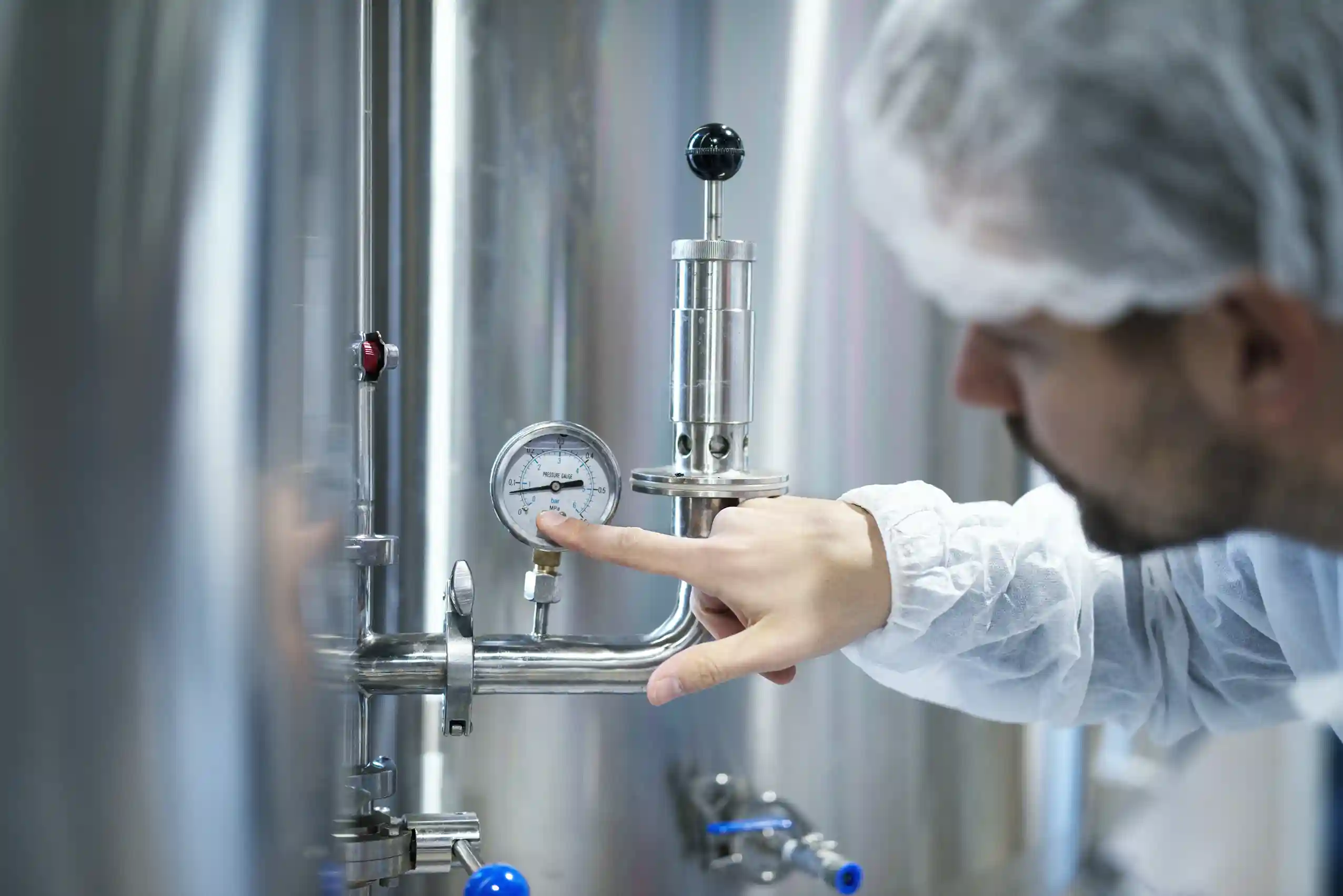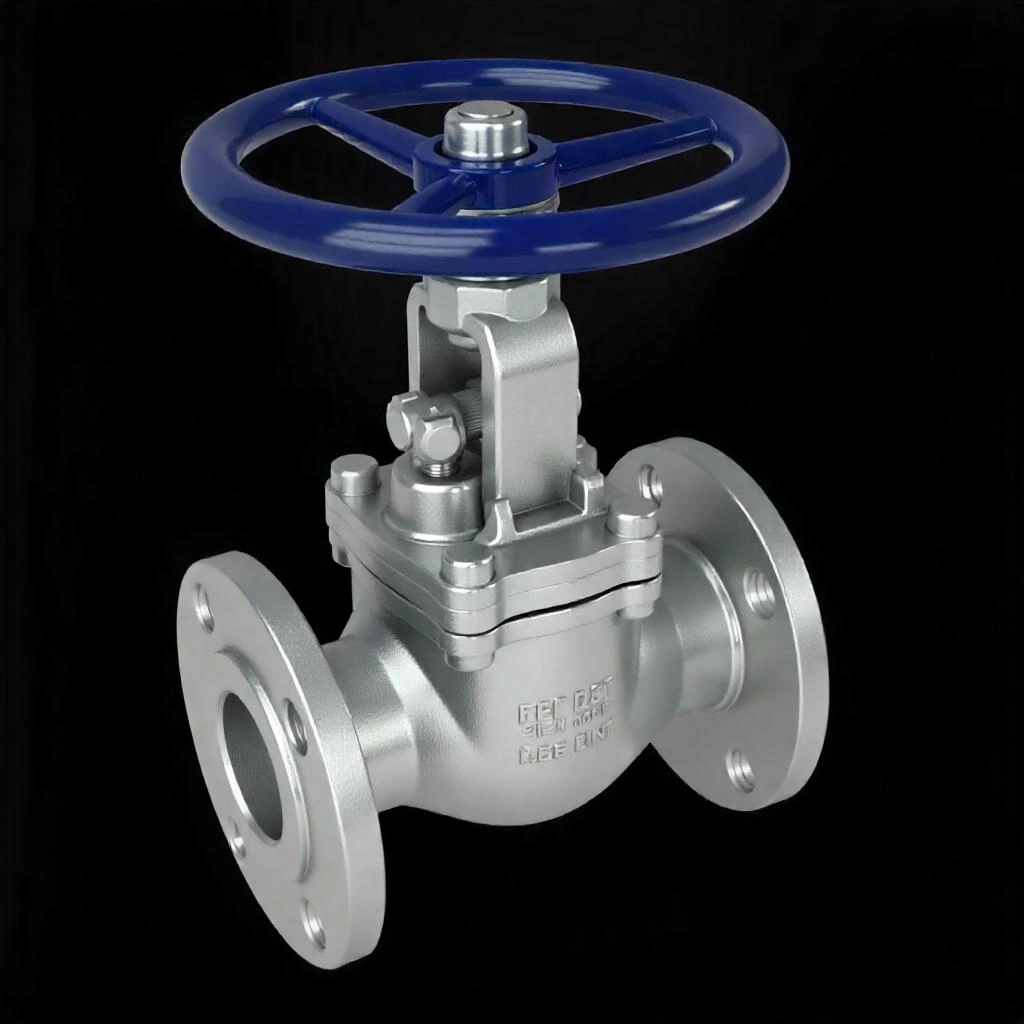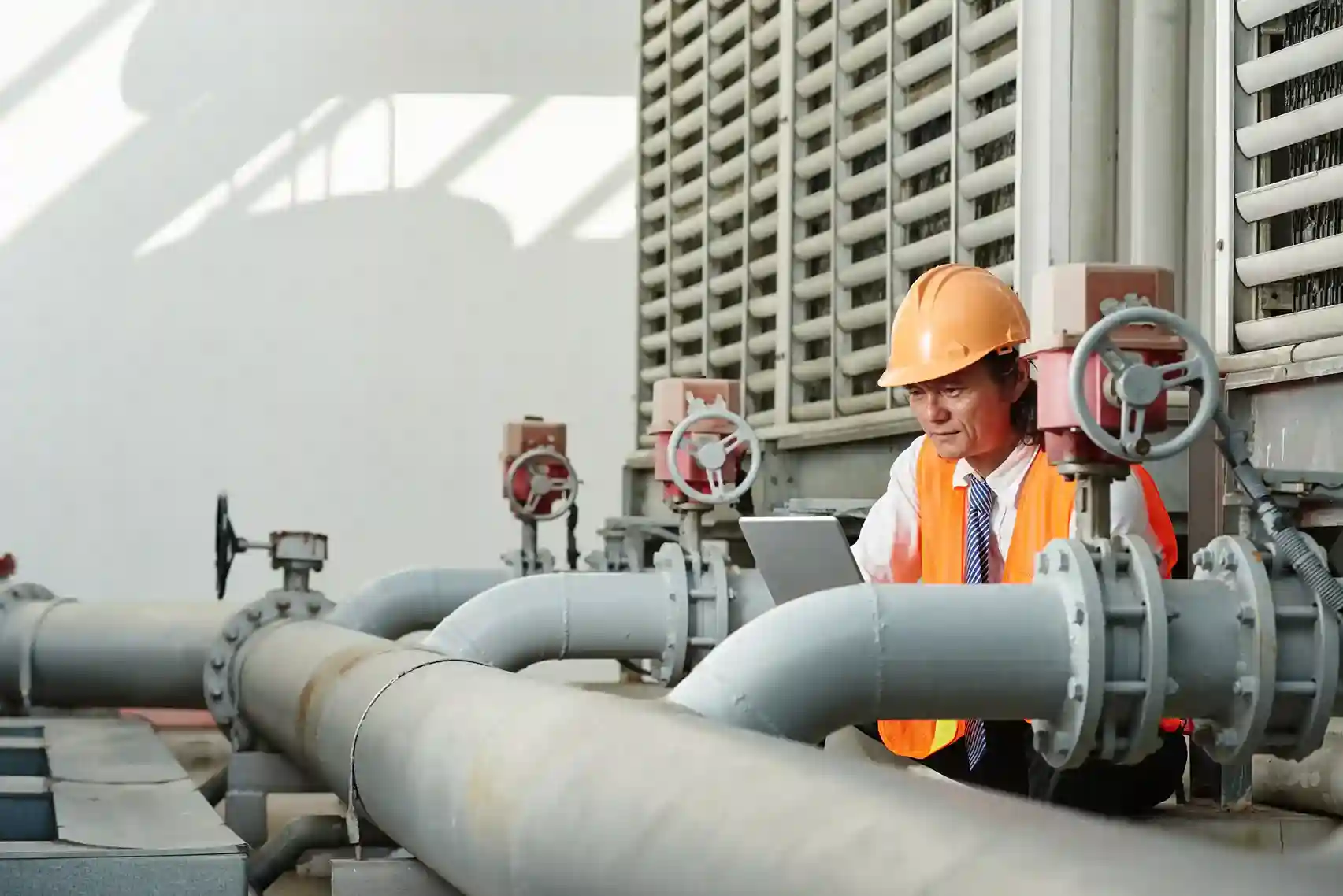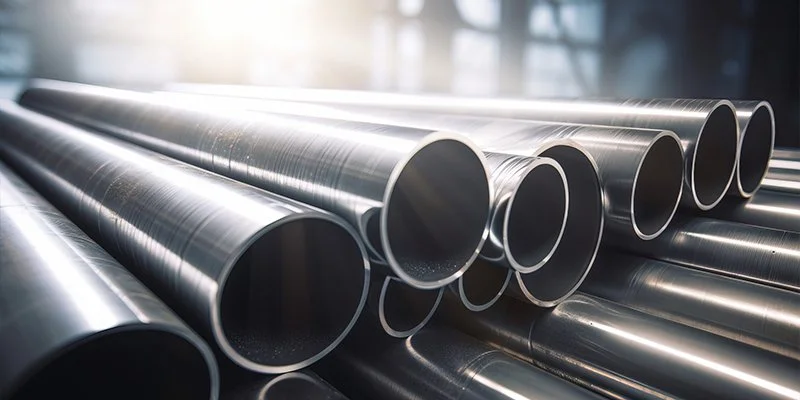How to Select the Right Pipe Diameter and Thickness for Power Infrastructure
Piping systems play a crucial role in power infrastructure, ensuring the efficient transport of fluids, steam, and gases within power plants. Whether for cooling systems, fuel transportation, or high-pressure steam pipelines, selecting the right pipe diameter and thickness is critical for operational efficiency, safety, and durability. In this guide, we will explore key factors to consider when choosing the right pipes for power projects, helping industries make informed decisions for long-term performance.
Understanding the Importance of Pipe Selection in Power Infrastructure
Power plants operate under extreme conditions, including high pressures, elevated temperatures, and exposure to corrosive materials. Pipes used in these settings must be carefully chosen to withstand these challenges while ensuring efficiency in energy transmission and distribution. Incorrect pipe selection can lead to leaks, energy losses, and costly maintenance issues.
Selecting the right pipe diameter and thickness is essential for:
- Ensuring proper fluid flow without pressure drops
- Withstanding high temperatures and pressures
- Reducing operational costs through efficient energy usage
- Preventing corrosion and structural failure
Key Factors in Choosing Pipe Diameter and Thickness
1. Fluid Type and Flow Rate
The type of fluid moving through the pipeline—whether it’s steam, water, or gas—affects the required pipe diameter and wall thickness. High-pressure steam, for instance, requires thicker walls compared to low-pressure water pipes. Additionally, the flow rate (measured in gallons per minute or cubic meters per hour) determines the appropriate pipe size to prevent excessive friction losses.
2. Operating Pressure and Temperature
Pipes in power plants handle varying pressure levels, from low-pressure water circulation to high-pressure steam distribution. Selecting the appropriate thickness ensures that the pipe can withstand these pressures without risk of rupture. Industry standards, such as ASME B31.1 (Power Piping) and API 5L, provide guidelines for determining the minimum required thickness based on pressure and temperature conditions.
3. Material Strength and Durability
Common materials used for power infrastructure piping include:
- Carbon Steel: Ideal for high-temperature and high-pressure applications.
- Stainless Steel: Offers corrosion resistance, making it suitable for water and chemical pipelines.
- Alloy Steel: Provides superior strength for extreme pressure conditions.
Material selection impacts the required wall thickness since stronger materials can handle higher pressures with thinner walls, whereas weaker materials require thicker construction for safety.
4. Pipe Standards and Regulations
Adhering to global and local standards ensures compliance and safety. Power plant piping must conform to standards like:
- ASME B31.1 – Power Piping Code
- ANSI/ASME B36.10 & B36.19 – Pipe size and thickness specifications
- API 5L – Standards for steel pipelines
- ASTM A106 & A53 – High-temperature pipe material specifications
Following these standards ensures that pipes meet strength, durability, and safety requirements.
5. Pipe Wall Thickness Calculation
Wall thickness is calculated using formulas like the Barlow’s equation, which determines the required thickness based on operating pressure and pipe material strength:
Where:
- t = Wall thickness (in inches)
- P = Internal pressure (in psi)
- D = Outside pipe diameter (in inches)
- S = Allowable stress of the material (in psi)
Selecting a slightly thicker pipe than the minimum required ensures added safety and longevity.
6. Pipeline Layout and Length Considerations
For large power plants, longer pipelines may require wider diameters to compensate for pressure losses over distance. Additionally, pipe bends, fittings, and valves must be factored in when determining the right size and thickness, as these components can impact flow rates and pressure.
Choosing the right pipe supplier in Saudi Arabia is just as important as selecting the right specifications. A reputable supplier ensures high-quality materials, compliance with industry standards, and timely delivery. Working with an experienced supplier provides access to a variety of pipe materials, coatings, and custom solutions tailored to power infrastructure needs.
Beyond just pipes, a Power Projects Equipment Supplier provides essential components like valves, pipe fittings, flanges and insulation materials, all of which contribute to the overall efficiency of power infrastructure. Ensuring that all elements of a piping system are sourced from trusted suppliers guarantees long-term reliability and reduces the risk of operational failures.
Conclusion
Selecting the right pipe diameter and thickness for power infrastructure requires careful consideration of fluid type, operating pressure, temperature, material strength, and industry standards. By working with a trusted pipe supplier in Saudi Arabia and ensuring adherence to regulations, power plants can optimize their piping systems for durability and efficiency.
Whether you’re sourcing pipes, valves, or fittings, partnering with a reliable Power Projects Equipment Supplier ensures that your infrastructure meets performance and safety standards. Investing in quality piping solutions today will lead to a more resilient and cost-effective power generation system in the future.



